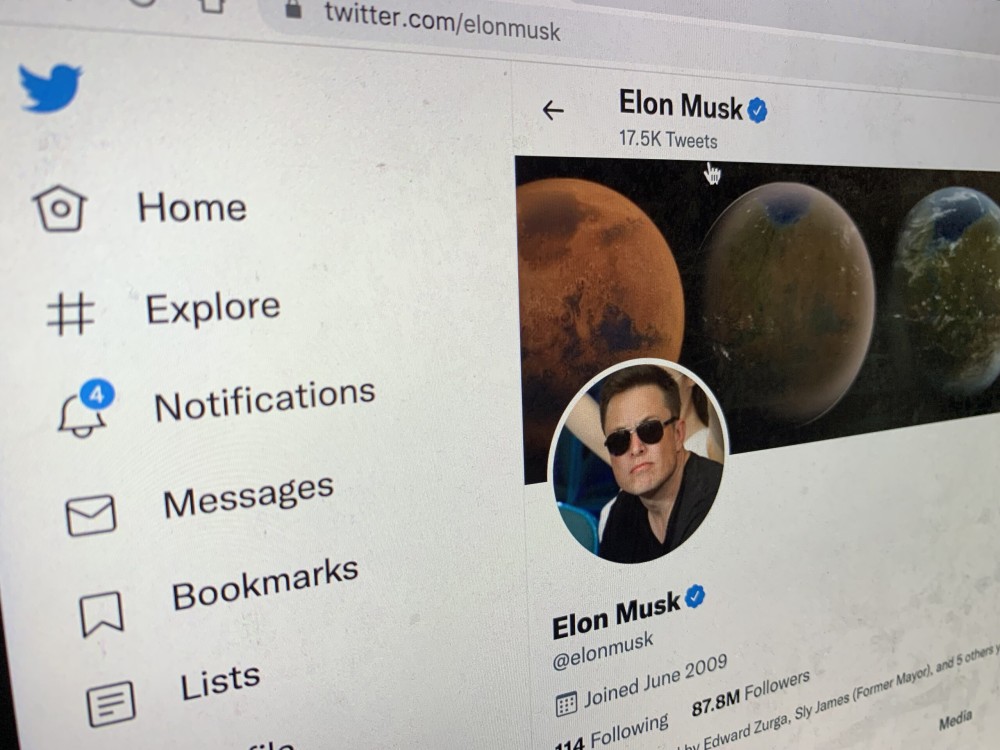Muslims and Jews worried about Twitter under Musk

Muslim and Jewish organizations are expressing concern about billionaire Elon Musk’s impending ownership of Twitter, warning that the aerospace tycoon could roll back moderation policies and unleash a new wave of harassment against religious minorities often targeted on the platform.
“It strikes me as deeply troubling and potentially dangerous that two people—Musk and [Facebook cofounder] Mark Zuckerberg—essentially control the public square,” Jonathan Greenblatt, CEO of the Anti-Defamation League, said in a statement. “That seems like a sad day for democracy.”
Twitter announced on April 25 that Musk will take over the company, with the deal expected to be finalized sometime in the next three to six months. Musk has been a frequent critic of the platform’s current moderation policies, and his expressed goals for Twitter have centered on free speech.



